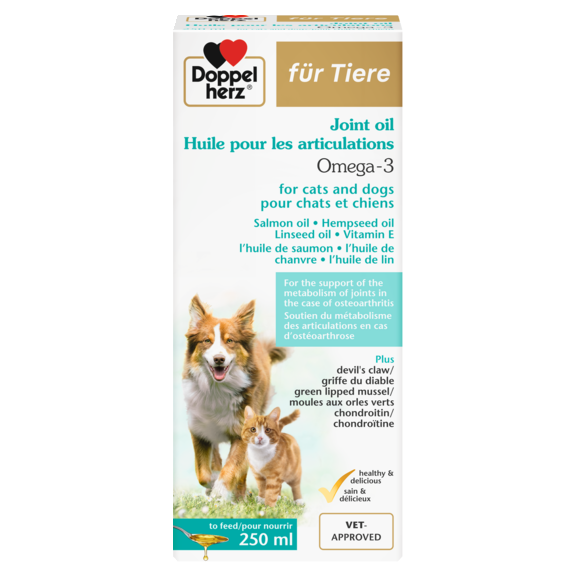Types and symptoms of arthritis
Generally, a distinction is made between infectious and non-infectious arthritis.
The triggers of infectious arthritis are pathogens such as bacteria that enter the body and trigger an inflammatory reaction. Germs can be transmitted via injuries or bite wounds - or by ticks, as in the case of Lyme disease, for example.
In non-infectious arthritis, on the other hand, the body's own immune system reacts to, for example, released cartilage particles with an inflammation. Thus, non-infectious arthritis is caused by wear and tear due to existing arthrosis.
Immune arthritis in dogs includes chronic rheumatoid arthritis. The immune system attacks the body's own substances, which leads to inflammatory processes in the joints.
In acute arthritis (joint inflammation), the affected joint is usually swollen, feels disproportionately warm, hurts and is sensitive to touch. The dog is noticeably lame. The ability to move is clearly restricted. The dog may avoid long walks and physical exertion, and may change its sleeping position several times during the night.
Arthritis is often accompanied by fatigue and exhaustion. Sometimes fever can also occur.
Treatment of arthritis
Depending on the cause of the arthritis, specific medications are indicated to curb the infection or the autoimmune response.
Anti-inflammatory and thus also pain-relieving preparations are useful. In the case of inflammation in the context of arthrosis, it is important to treat this specifically, as the inflammatory processes further damage the cartilage and thus a vicious circle of constant loss of substance develops. There are different approaches to this and it is also advisable to feed special ingredients that can influence
inflammation.
In particular, supplementary feeds with joint-active, high-dose ingredients such as omega-3 fatty acids, vitamin E, green-lipped mussel, chondroitin, devil's claw and collagen Il can positively support the joint processes.

